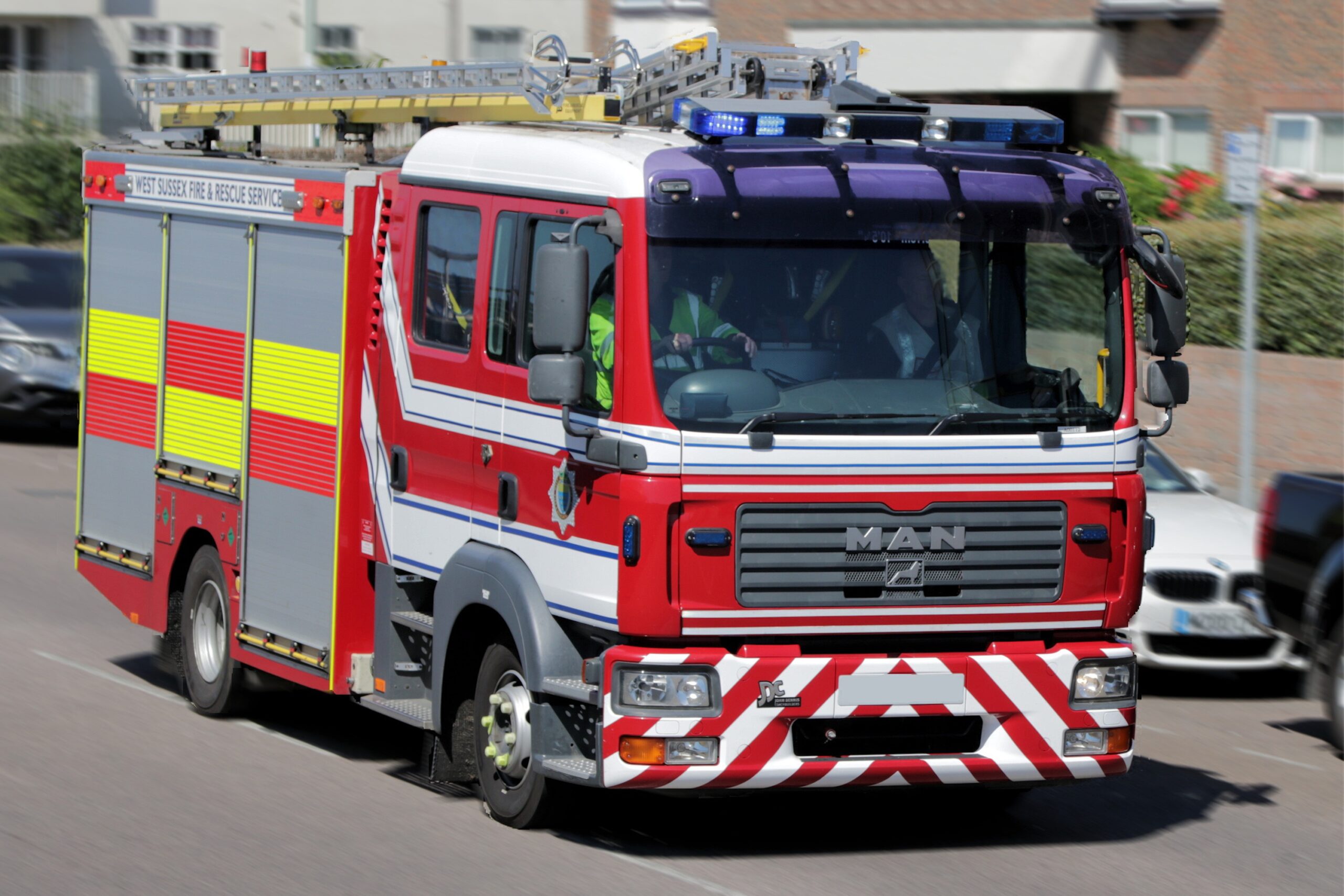A roadmap to help the environment department measure and reduce the impact of technology use over the coming five years will also require suppliers to commit to net zero plans
A new digital sustainability strategy created by the Department for Environment, Food and Rural Affairs pledges to reduce technology-based emissions by a sixth while ensuring a vast majority of staff devices are refurbished machines and requiring many of the organisation’s suppliers to commit a net zero plan.
The recently published plan covers the rest of this decade and “is intended to be the comprehensive and authoritative plan for [Defra’s] digital sustainability approach from 2025 to 2030”, according to the document’s introduction. The strategy – which does not come with any extra funding not already provided elsewhere – is intended to fulfil a vision that, within five years, “Defra group’s technology and digital services are sustainable, secure and resilient by design [and that] sustainability risks and opportunities are understood, acted on and monitored”.
The plan sets out six main “strategic objectives”, which are:
“Reduce and mitigate carbon emissions towards net zero targets; reduce the wider planetary impacts of digital services…; reduce natural resource use and improve our circular economy approach; reduce social risk and deliver social value; increase transparency and accountability, internally and in the supply chain; [and] improve our technology’s resilience to climate and environment risks”.
This sextet of specific ambitions will be “underpinned” by a seventh “cross-cutting objective [to] embed digital sustainability as business as usual”.
For each of these objectives, the strategy sets out a range of actions to be taken by the environment department over the coming months and years – as well the intended outcomes, and how progress can be measured.
Open for refurbishment
In order to cut emissions, Defra and its agencies and arm’s-length bodies will first strive to better collect data, including engaging “with suppliers to improve transparency”. Tech providers will also need to meet sustainability imperatives, with all firms fulfilling digital service contracts worth over £1m being required to “have externally verified carbon footprints and a plan to achieve net zero by 2050”.
The department will also seek to reduce the impact of digital services by developing formal advice to “guide design, delivery and operation” of online platforms. This is likely to include measures such as reducing file sizes and minimising the use of notifications.
Defra will also move to a default policy of providing staff with refurbished devices, while also seeking to streamline both its end-user and datacentre computing estate.
Later on in the strategy, the department sets a goal that four in five of all machines used by staff will be either refurbished or remanufactured.
According to its latest workforce statistics, the department employs almost 34,000 people – about 80% of which work in one of Defra’s arm’s-length bodies, which include the Animal and Plant Health Agency, the Rural Payments Agency, Kew Gardens, Natural England, and the Environment Agency – by far the biggest employer in the Defra group.
By 2030, the intention is for these entities to collectively deliver a 16% reduction in their overall carbon footprint from IT and digital usage, which currently adds up to an annual total of 9,900 tonnes of emissions from the department’s own technology and 87,540 across its wider supply chain.
In support of the objective of minimising “wider planetary impacts”, Defra will broaden its current sustainability assessment and provide greater support to project teams “to better understand and mitigate” how their services impact areas such as biodiversity, water usage, and land use.
Key performance indicators of the success of these measures include ensuring that all tech contracts worth more than £1m ensure “reporting on resource use, waste and water by 2030”. All the department’s projects will also be “assessed for sustainability impact, and provided guidance on best practice, mitigating actions and training materials”.
In achieving its circular-economy goals, Defra’s strategy commits to “not creating new services or assets where existing ones meet the requirements” as well as buying “modular and repairable devices to support reuse and longevity”. The department also promises to “maintain our commitment to zero to landfill disposal for all electronic waste”.
The overall aim is reduce current levels of e-waste by a third, with no old tech whatsoever going to landfill. This will, in part, be achieved by ensuring “100% traceability of ICT hardware”.
Four in five
Proportion of staff devices to be refurbished or remanufactured by 2030
9,900 tonnes
Current annual carbon emissions from Defra ICT, with a further 87,540 tonnes coming from its supply chain
16%
Targeted reduction in emissions by the end of this decade
31 March 2027
Date by which all of Defra’s highest-priority digital services will have a sustainability statement
£1m
All suppliers of tech contracts in excess of this amount will be required to agree to increased transparency and a firm plan to achieve net zero emissions by 2050
In ensuring social value, Defra pledges to “hold suppliers accountable [by] using a risk-assessment tool to continuously monitor and challenge our strategic suppliers on their social risk, including modern slavery and sustainable resourcing mapping”.
All staff involved in assessing the social value elements of tech-contract bids will undergo sustainability training while, for deals worth in excess of £5m, commercial decisions will have a minimum 5% weighting on “social benefit and risk mitigation”.
To improve the green contribution of its supply-chain, Defra aims to “engage with projects and procurements early on to allow for sustainable design of solutions”. Major IT suppliers will also face “robust vendor prequalification criteria for contractual sustainability performance”.
The vendor’s top “strategic suppliers” will be required to engage with the department on sustainability issues on a quarterly basis, while buying procedures for the most significant contracts will be 15%-weighted on social value – five points higher than the 10% demanded by procurement laws.
For the final strategic objective of improving resilience to global warming and other environmental dangers, Defra will undertake “mapping [aimed at] better understanding the risks that climate change and environmental risks and critical minerals shortages present to DDTS (digital data, technology and security) operations”, and will also “work to understand the risk proximity, impact and likelihood for Defra group technology across main climate risk factors”. This will include engaging with suppliers to consider the risks posed to core IT infrastructure.
KPIs for this objective include requiring all the department’s most important suppliers “to demonstrate awareness of climate risk to the services they provide and have appropriate mitigation and adaptation plans in place”. Defra also commits to “complete analysis by 2030 to identify which DDTS operations are most at risk from climate change and environmental risks and produce mitigation/adaptation plans for keystone digital infrastructure”.
‘Parallel advantages’
In support of the cross-cutting objective of making digital sustainability ‘business as usual’, the department will include sustainability training during the induction process for all digital, IT, data and security staff. The aim of this will be to place a greater “an emphasis on individual responsibility”.
Senior tech officials will play a key role, including a plan to “establish a network of digital sustainability advocates in each DDTS function to support implementation of this strategy within their function”.
By 2030, the department intends 75% of all DDTS staff will go through digital sustainability training on at least an annual basis – resulting a measurable improvement in knowledge. KPIs set out in the strategy also include a commitment that “100% of projects [will] have completed sustainability assessments and demonstrated that they have taken appropriate actions from the greener service principles”, as well as that those services identified as a priority by the Government Digital Service will “have sustainability statements in place by 31 March 2027”.
From this point on, Defra’s chief digital and information officer and executive board will be given quarterly progress updates, while an annual update will be shared with all of the department’s employees, the strategy indicates.
“Many sustainability challenges link with key business and commercial challenges,” the introduction to the document adds: “Sustainability can be a key part of the solution enabling cost savings and business resilience. The objectives outlined in this document: introduce efficiency, eliminate unproductive resources, [and] apply circularity. Therefore, full exploitation of opportunities will have the parallel advantage of delivering cost optimisation.”




